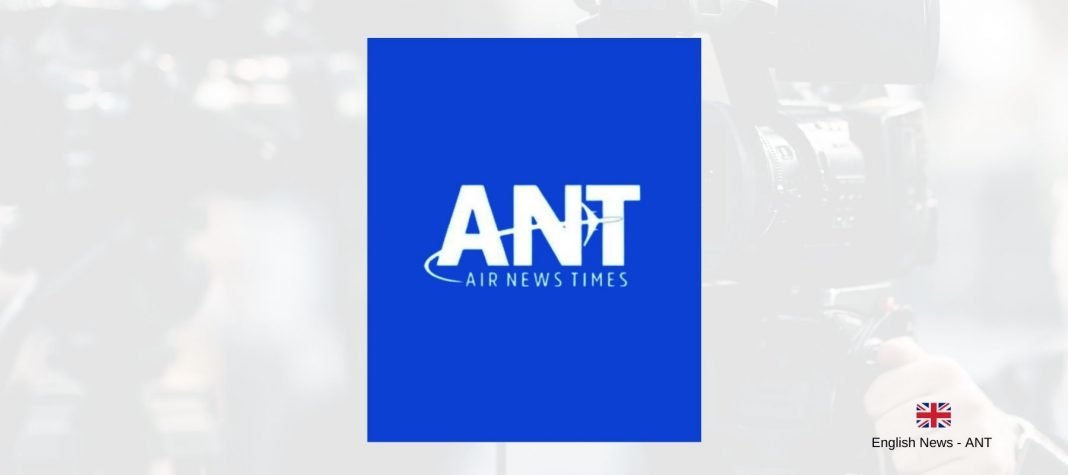Ireland Unveils Its First Ever Sustainable Aviation Fuel (SAF) Policy Roadmap
Dublin, August 21–22, 2025 – Ireland has officially launched its inaugural Sustainable Aviation Fuel (SAF) Policy Roadmap, fulfilling a key promise of its national government programme. This milestone marks a pioneering move toward reducing aviation emissions and strengthening the country’s environmental leadership in the sector.
What the Roadmap Includes
The policy framework was assembled with input from the Sustainable Aviation Fuel Task Force, established in December 2023 by the Department of Transport. This multi-stakeholder group—comprising government bodies, aviation industry representatives, academia, and regulatory entities—aimed to identify both opportunities and barriers for SAF deployment domestically.
The roadmap defines four strategic policy pathways:
- Market Certainty – Establish a reliable and predictable environment for SAF investment.
- Collaboration – Foster cooperation among industry, government, and stakeholders.
- Supporting Uptake – Encourage airlines and operators to adopt SAF.
- Supporting Production – Enable domestic or regional SAF manufacturing.
Each pathway outlines actionable steps built on existing European Union initiatives, while also laying the groundwork for future updates. The document underscores its evolving nature, with plans for continued refinement and stakeholder engagement over time.
Strategic Context and Challenges Ahead
The roadmap arrives at a critical moment, as Europe prepares to enforce mandatory SAF blending targets under the EU’s ReFuelEU Aviation regulation—starting with 2% SAF by 2025, escalating to 6% by 2030, 20% by 2035, and 70% by 2050.
Ireland faces sharp challenges in meeting these targets:
- Domestic SAF demand could hit approximately 88,000 metric tons by 2030 and surge to 318,000 metric tons by 2035—volumes that would exceed two-thirds of global SAF production in 2023.
- Cost remains a major barrier, with SAF currently priced two to seven times higher than conventional jet fuel. Synthetic e-fuels are expected to remain even more expensive.
To bolster future production, the country is exploring a progression of options:
- Short-term: Co-processing at existing refineries using waste streams like cooking oil or tallow.
- Mid-term: Developing advanced biofuels from readily available agricultural or forestry residues.
- Long-term: Leveraging Ireland’s potential offshore wind capacity (targeting 37 GW by 2050) to power synthetic eSAF production.
Notably, airlines have already responded positively: Aer Lingus has pledged a 10% SAF usage target by 2030, and Ryanair has set a 12.5% target—demonstrating industry willingness to collaborate, provided economic support measures are in place.
Bulletin Summary
| Category | Details |
|---|---|
| Launch Date | August 21–22, 2025 |
| Roadmap Purpose | National SAF policy framework aligned with EU sustainability goals |
| Key Policy Paths | Market certainty; Collaboration; Uptake support; Production support |
| Development Input | Sustainable Aviation Fuel Task Force (since December 2023) |
| EU Context | SAF blending mandates rising to 70% by 2050 |
| Demand Projections | 88,000 mt by 2030; 318,000 mt by 2035 |
| Pricing Challenge | Current SAF costs 2 to 7× fossil fuel; eSAF even higher |
| Production Strategy | Co-processing → advanced biofuels → eSAF from offshore wind |
| Airline Commitments | Aer Lingus (10% by 2030), Ryanair (12.5%) |




